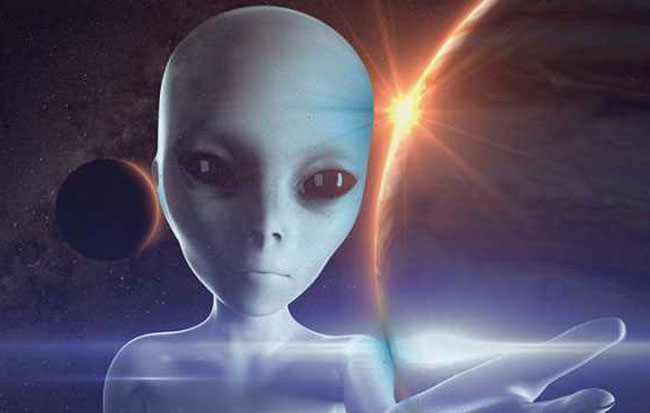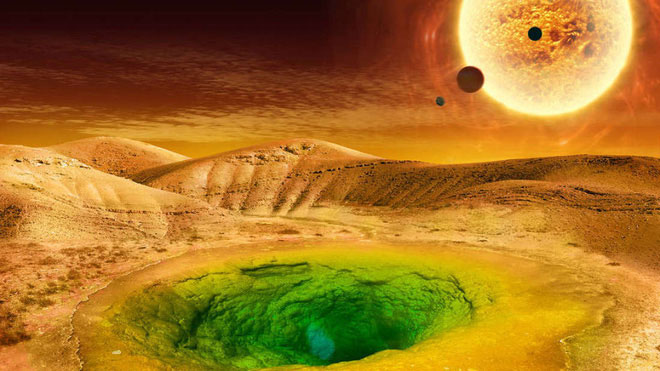With this situation, even if we find aliens, we are not sure
Simply because it is not as sure as we imagined .
Mankind is still actively making every plan to explore space in order to quickly find a place that can sustain life, or better than to know that humanity is not alone in this universe.
With so much progress in how to define new planets and astronomical observation technology, it seems that hope is growing. However, this is also what scientists have to worry about. Can we recognize life when we find them?

Can we recognize life when we find them?
According to Mary Parenteau, a microbiologist at NASA's Ames Research Center, that scenario is entirely possible. Therefore, Parenteau conducted a study, arguing that people should aim for different types of "biological signals" , rather than conventional signs.
"What will a planet of life look like?" - quote Parenteau words.
"We have to make assumptions, that alien life can be very different from Earth. For example, their planet is purple, instead of blue. It's biological signs. , and they are very diverse ".
Currently, the determination of oxygen in a planet's atmosphere is considered the most positive signal to survive life, but nothing is certain. Although it is true that photosynthesis in plants produces oxygen, they can also be produced by some chemical reactions that do not require any life. And in particular, there are life forms that survive without oxygen.

Extraterrestrial life may be very different.
"The earth at first didn't have oxygen, but life was still abundant," said Victoria Meadows, an astronomer at Washington University.
"It is this gas that tells us that only a biological signal is not enough to determine life."
Therefore, Parenteau's research points out, we should not point to a single sign, but at the same time. The best assumptions about life will come from a wider perspective, considering both the planet's characteristics and the host star.
"We are approaching a period in which the question will be answered: Can mankind be lonely?" - quote Martin Still, NASA researcher.
The study was published in Astrobiology magazine.
- If aliens really contact us, what will happen?
- Will we find aliens after 1500 years?
- Things will happen when we find aliens
- Add 'eyes' to find aliens
- Hawking: 'Don't approach aliens anymore, before it's too late.'
- Find radio waves to detect aliens
- Theories portray the worries about aliens
- Aliens will rule the earth?
- Aliens may only be at the prehistoric time.
- NASA scientist declared
- How often do aliens 'hunt' humans?
- Will find aliens in the next 40 years?
 'Fine laughs' - Scary and painful torture in ancient times
'Fine laughs' - Scary and painful torture in ancient times The sequence of numbers 142857 of the Egyptian pyramids is known as the strangest number in the world - Why?
The sequence of numbers 142857 of the Egyptian pyramids is known as the strangest number in the world - Why? History of the iron
History of the iron What is alum?
What is alum?